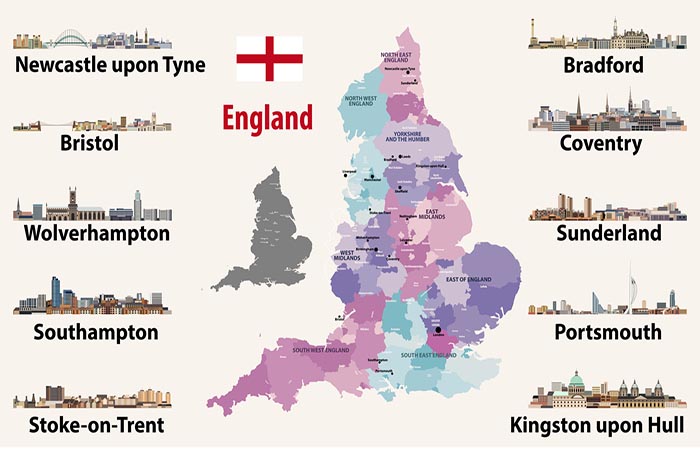CCA says ICB and LA commissioning of services driving lottery of access
In Analysis
Follow this topic
Bookmark
Record learning outcomes
Services commissioned by local authorities are now worth almost twice as much to community pharmacies in England as those commissioned by integrated health boards.
Overall, ICBs were estimated to have spent over £10m annually on the commissioning of additional local services from pharmacies in 2023-24. Meanwhile total LA spend was an estimated £19.2m across the whole of England, according to an analysis by the Company Chemists Association.
But the CCA says the way in which ICBs and LAs commission services from community pharmacies in England is driving an unnecessary postcode lottery of access.
The Association wants government to harness community pharmacies to help shift more care into the community and deliver a broader range of preventative and public health services.
It is urging policymakers to introduce nationally defined service specification and contracting arrangements for the most common services, and to invest in community pharmacy public health services, to help place the NHS on prevention-first footing.
It is also calling for a review of variations in local commissioning and for areas with low commissioning to be challenged to better harness the benefits pharmacies offer.
For its analysis, the CCA conducted an extensive freedom of information exercise with ICBs and LAs. It concludes that both ICBs and LAs are failing to fully grasp the patient benefits provided by the accessibility and convenience that local pharmacies offer.
It found that 37 ICBs commissioned 27 unique types of services from pharmacies, with over a half (64 per cent) commissioning minor ailments services.
The majority (37) of ICBs which responded commissioned local services on top of the nationally agreed Community Pharmacy Contractual Framework, and overall are estimated to spend over £10m annually on the commissioning of additional local services from pharmacies.
The average pharmacy spend per ICB was £13,200 per 100,000 population. However, there was a 224-fold difference between commissioning in North East and North Cumbria (£56,000 per 100,000 population) compared with South West London (£250 per 100,000 population).
LA commissioning
Meanwhile 79 per cent of local authorities in England commission services from community pharmacies with a total spend estimated £19.2m in 2023-24.
Of the 115 local authorities analysed, the top three services commissioned were for sexual and reproductive health (61 per cent), smoking cessation (48 per cent) and substance misuse (38 per cent).
Despite covering a much smaller footprint than ICBs, there was a significant variation in commissioning amongst local authorities. Whilst the average population-adjusted spend per local authority was £33,000, Gateshead spent five times this (£218,500) but Walsall spent only £2.74.
Notably, there was significant variation between nearby local authorities – whilst Gateshead County Council spent over £218,500 per 100,000 population, less than 20 miles south in Hartlepool, the council spend just £5,500 per 100,000 population. This is despite both areas having significantly deprived populations.
In the current financially strained environment, the commissioning of local services from pharmacies could be the difference between helping pharmacies to stay afloat or them going under altogether.
Moreover, patients continue to face a ‘postcode lottery’ – in some cases with differing pharmacy provision between where they may work or study and where they live, the CCA says.
As an example it says that across London, 32 London boroughs and the City of London have responsibility for commissioning sexual and reproductive health services. However, access is dependent on where you live.
An individual under the age of 25 living in Bromley can access chlamydia screening kits and treatment from a local pharmacy. However, in Lambeth, they would either have to access online testing services or go to a sexual health clinic, despite Lambeth having the highest chlamydia diagnostic rates in England.
Chief executive Malcolm Harrison said: “Local commissioning of services across England currently resembles a patchwork quilt of care. Patients face a postcode lottery depending on where they live, work or study.
“To realise the full opportunities offered by a ‘neighbourhood health service’, all ICBs and local authorities must endeavour to seize the benefits offered by the local pharmacies on their doorstep.
“The government must ensure the most important services are offered nationwide so that patients can understand what to expect of their local pharmacy, and more care can be delivered in the community”.

